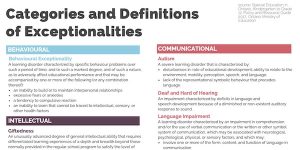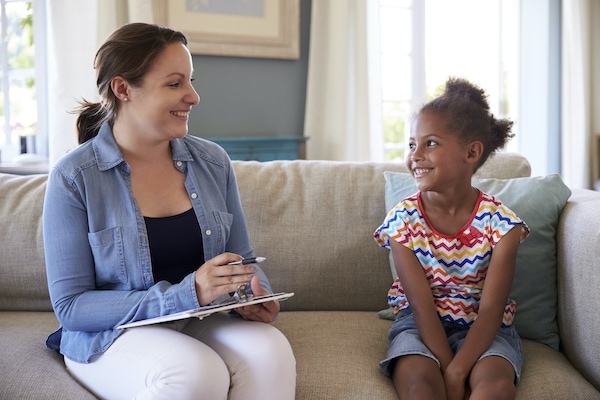If you’ve heard of psychoeducational assessments — also called simply educational assessments — you might know that they are used to identify specific learning difficulties such as dyslexia and ADHD. But many people don’t realize that they can also identify a child’s strengths.
Unlike standardized tests, assessments are designed to discover not how much your child knows, but how your child learns. Children are tested in the following:
- cognitive abilities such as thinking and reasoning, memory, and visual-spatial processing
- academic skills such as reading, writing, and math
- socio-emotional and behavioural functioning such as attention, concentration, and anxiety
Assessments usually take place one-on-one with a registered psychologist.
Why You May Want a Psychoeducational Assessment
There are many scenarios that may prompt you to seek an educational assessment for your child. For instance:
- your child is struggling in school or in a specific subject, despite their best efforts
- your child’s teacher reports problems with attention or focus in class
- you notice ongoing behavioural or emotional difficulties
- you would like your child screened for giftedness
- you would like your child screened for learning disabilities
- you would like a better understanding of your child’s relative strengths and challenges
- you would like to map out the most effective learning strategies for your child

What Happens After a Child is Assessed?
Following an assessment, you will receive recommendations for appropriate academic and behavioural interventions for your child.
In the Ontario public school system, if your child is diagnosed with an “exceptionality”, which includes giftedness, autism, speech impairments, and learning disabilities (see all Exceptionalities by Category), they will be referred to an Identification Placement and Review Committee (IPRC) at your school, which will include your school’s principal or superintendent.
The IPRC will create an Individual Education Plan (IEP) for your child that outlines strategies, accommodations, program modifications and/or alternative programs.

When To Get a Psychoeducational Assessment
In general, the earlier a child is assessed, the more effective an intervention will be. Most psychologists will do assessments beginning at around age 5 or 6. The recommendation for most children, however, is to wait until Grade 3 once a child’s development has “evened out” somewhat.

How To Get a Psychoeducational Assessment
In Ontario, a school support team (SST) can refer your child to a school-board psychologist for assessment, usually based on recommendations from his or her teacher. However, historically, the waiting lists for these assessments have been long.
So, if you don’t want to wait, or the SST will not make the referral, you can opt for requesting an assessment with a psychologist directly. This is not covered by OHIP, so in those cases, you will have to pay for the assessment. If you have an independent insurance provider, be sure to ask if this is covered.
A full psychoeducational assessment with a registered psychologist costs $2,000–$3,000. Assessments for specific exceptionalities generally cost less—but not all of these test are accepted by the schools or school boards for an official diagnosis. They can be valuable for your own understanding of your child’s strengths and weaknesses, however.
A Note About Gifted Testing
Gifted screening using the Canadian Cognitive Abilities Test (CCAT) is typically administered to all students in Grade 3 or 4 (depending on the school board) as a group. Children who score highly on that test are referred to a school psychologist for a psycho-educational assessment.
You can request gifted testing privately if your child has been refused the testing through his or her school. Doing gifted testing prior to Grade 3 or 4 isn’t recommended, since school boards may not accept the results of testing done earlier.
Read more about special education processes and resources from the Ontario Ministry of Education.



